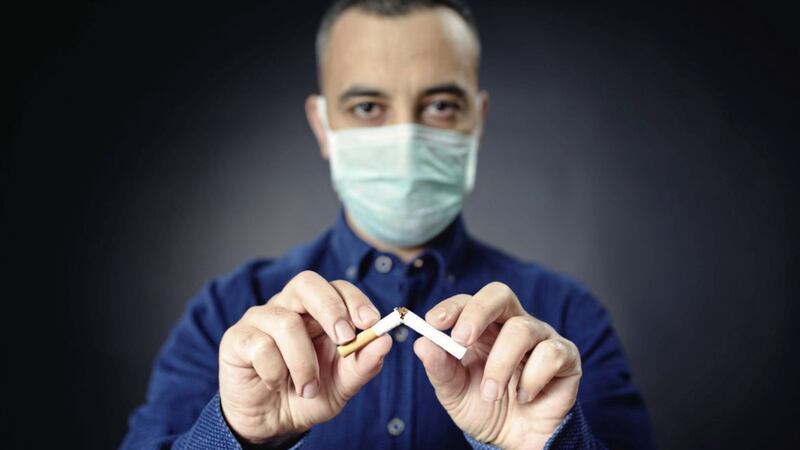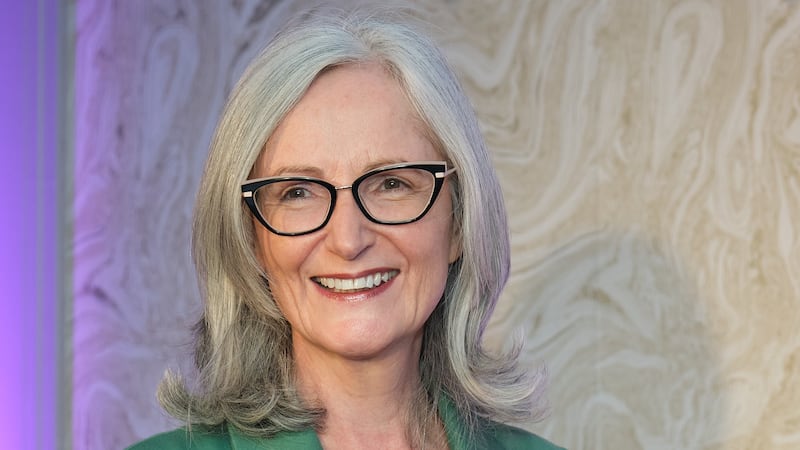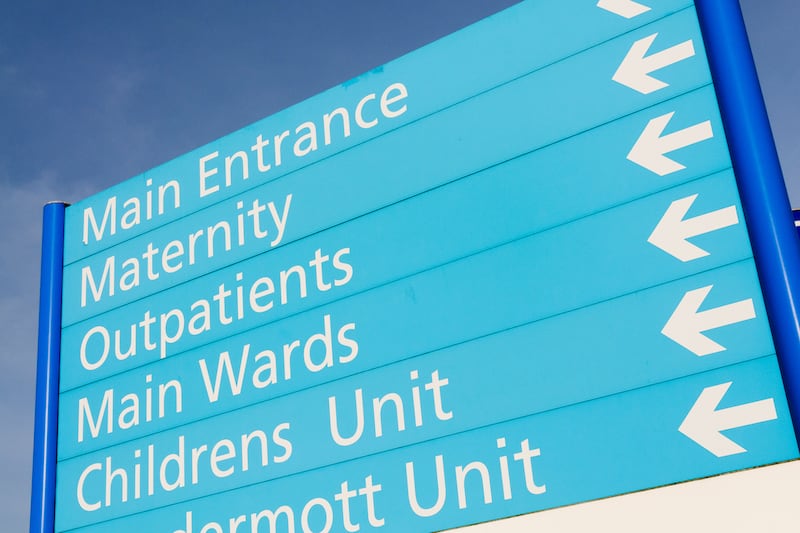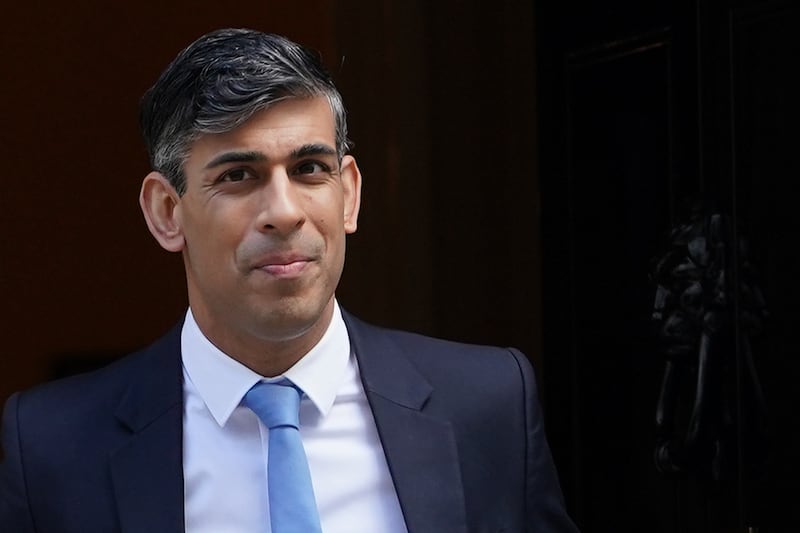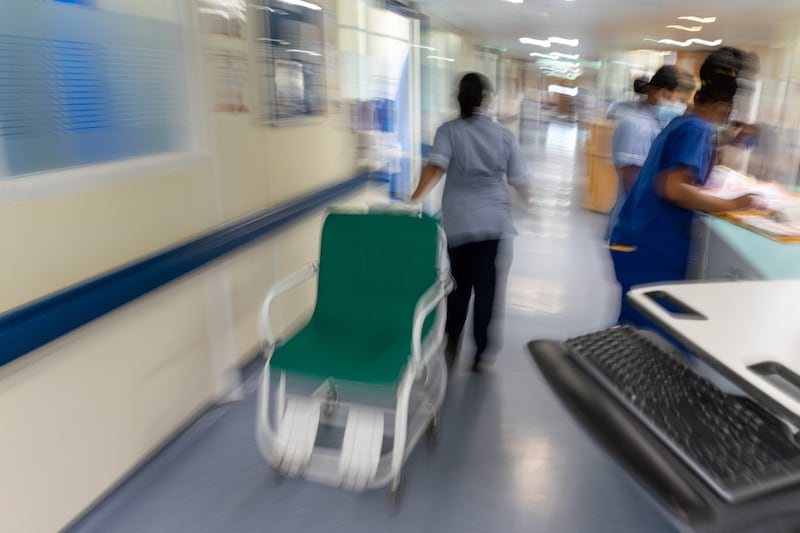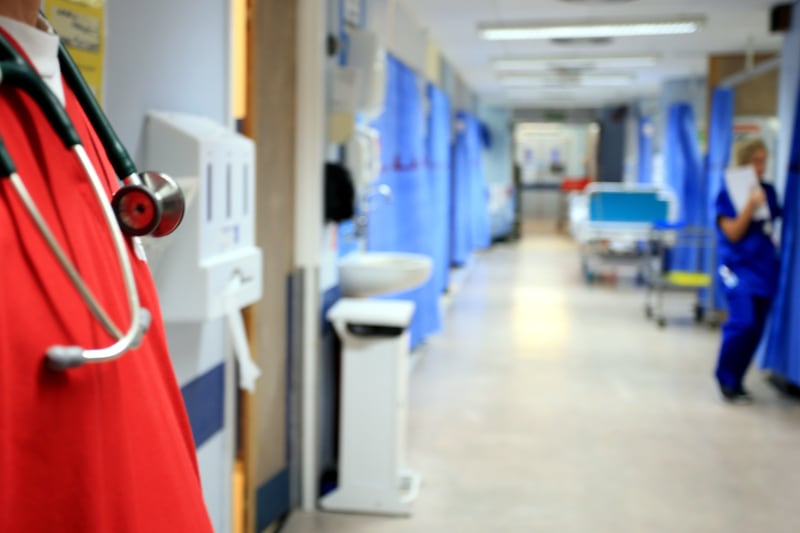SMOKERS should be given advice and treatment to quit their habit unless they actively opt-out, while pregnant women should be given financial incentives to quit.
The Royal College of Physicians (RCP) said that while many smokers are offered help with quitting by the NHS, an opt-out system could double the uptake of the service.
It said the health service should provide "opt-out smoking cessation services to all smokers at any point of contact with the NHS".
In a report, the RCP called for several measures to be brought in, including:
Large, above-inflation, annual tax increases to make smoking far less affordable.
These should be "translated immediately into retail prices" and there should be consideration of the potential for "more radical increases aiming, for example, to double the price of cigarettes over a five-year period."
Better regulation of film and television to ensure that children are not exposed to tobacco images.
A 9pm watershed and 18 certificates should be applied to TV programmes and films that feature tobacco, and health warnings displayed whenever tobacco imagery is present.
Investing in media campaigns to encourage switching from tobacco to e-cigarettes.
Excluding the tobacco industry from all policymaking and ability to meet government officials and elected representatives.
The report said: "The ability of the UK and other countries to rise to major public health challenges is beyond doubt; the Covid-19 pandemic, by far the biggest new challenge to UK and global health in decades, has attracted a public health and economic response of a scale unique in the modern era.
"Yet in 2020, when Covid-19 killed around 80,000 UK citizens, tobacco smoking killed 94,000."
Professor John Britton, RCP tobacco advisory group member, said: "Smoking is entirely preventable, but ending smoking requires us to go even further with the more familiar prevention measures, such as tax and providing help for smokers to quit, but also tackling some of the causes that have not yet been addressed - and particularly the exposure of children to tobacco imagery in film, television and other media.
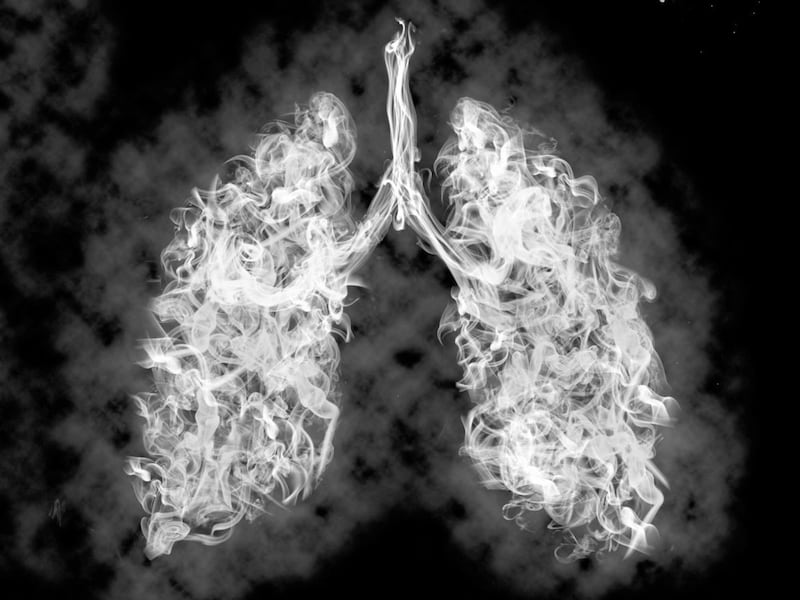
"Doing this will prevent countless deaths, dramatically reduce the burden placed by tobacco use on health services and wider society, substantially reduce inequalities in health and, by alleviating poverty and improving health, contribute significantly to the levelling up of our society."
Professor Jon Bennett, chairman of the British Thoracic Society, said: "The largest proportion of smokers come from disadvantaged or lower socio-economic groups, causing deep health inequalities.
"So we welcome the focus on initiatives that do not discriminate but support these groups to quit and reduce the number of new smokers."
In the UK, in 2019, 14.1 per cent of people aged 18 and over smoked cigarettes, which equates to around 6.9 million people.
Smoking harms nearly every organ of the body.
It causes lung cancer, respiratory disease and heart disease and is implicated in other cancers, including lip, mouth, throat, bladder, kidney, stomach, liver and cervix.
